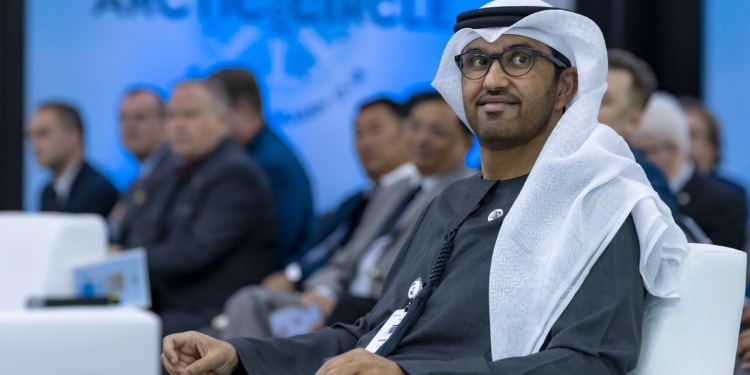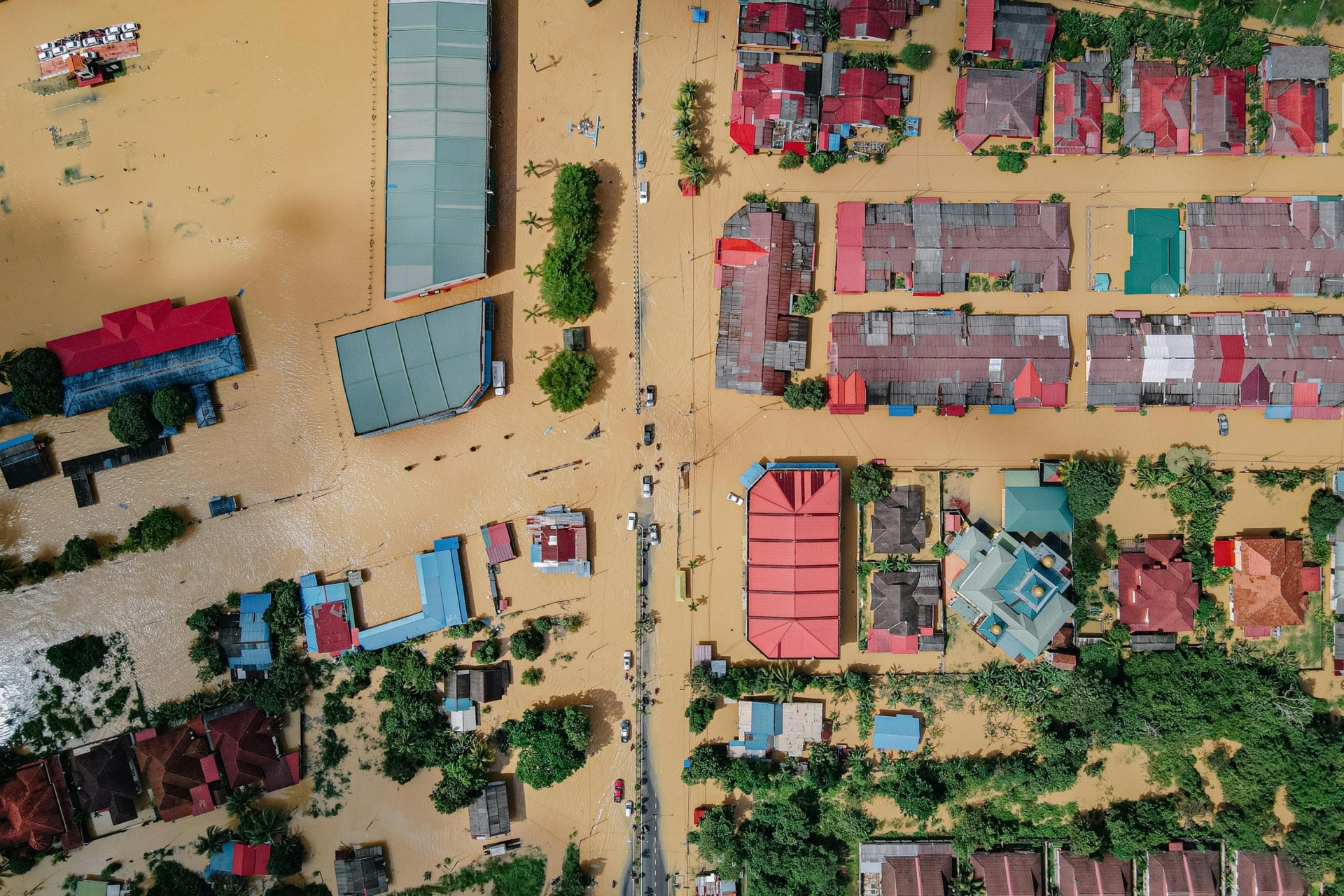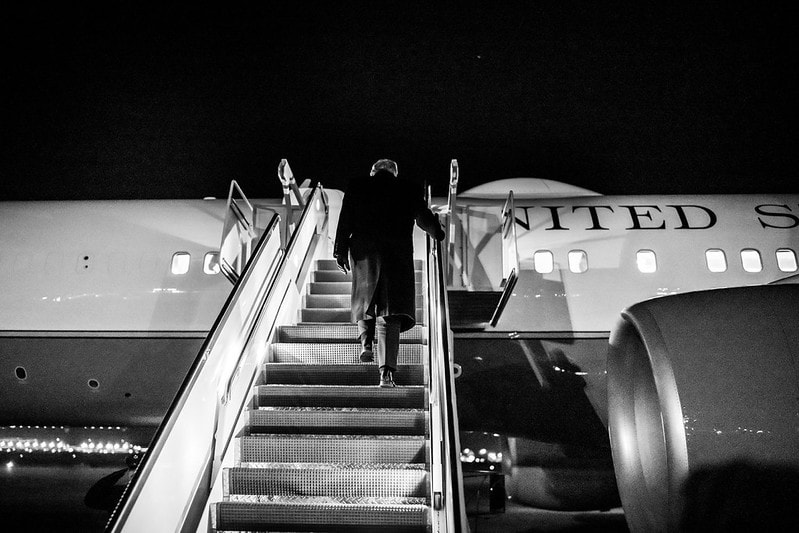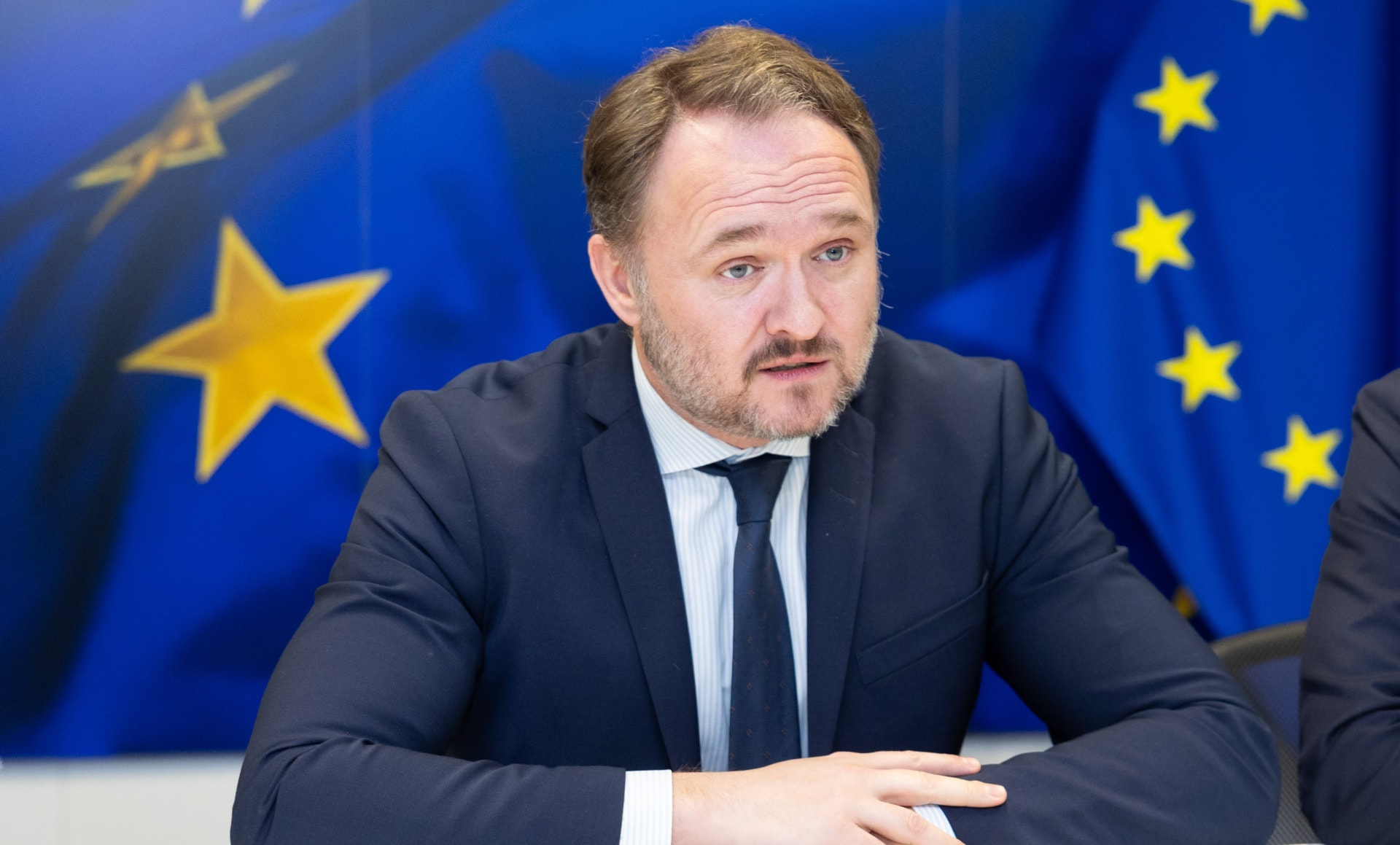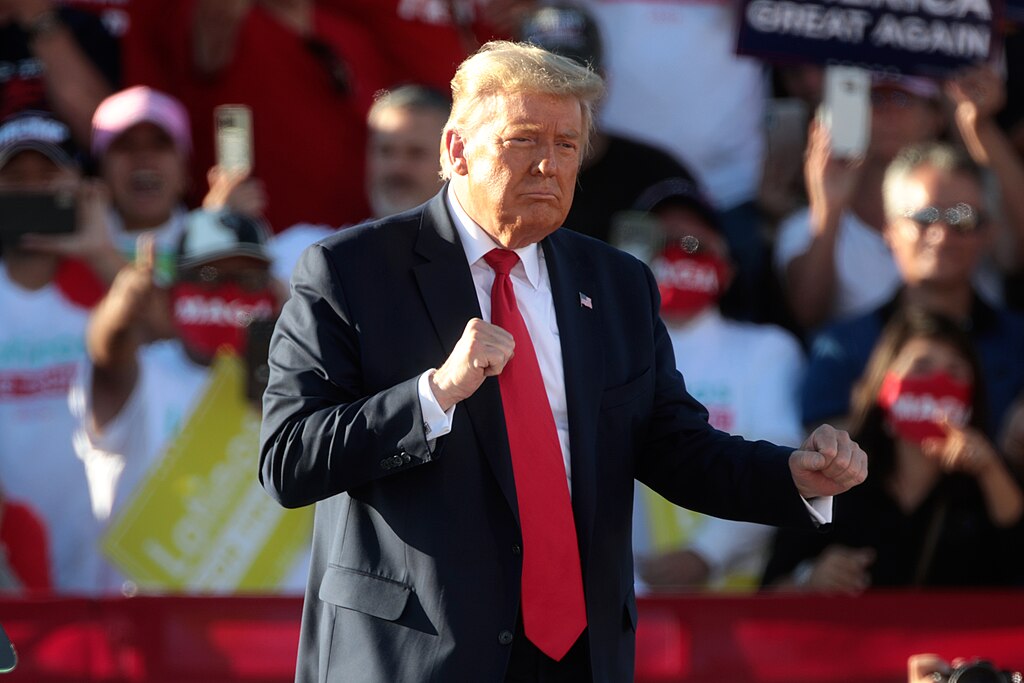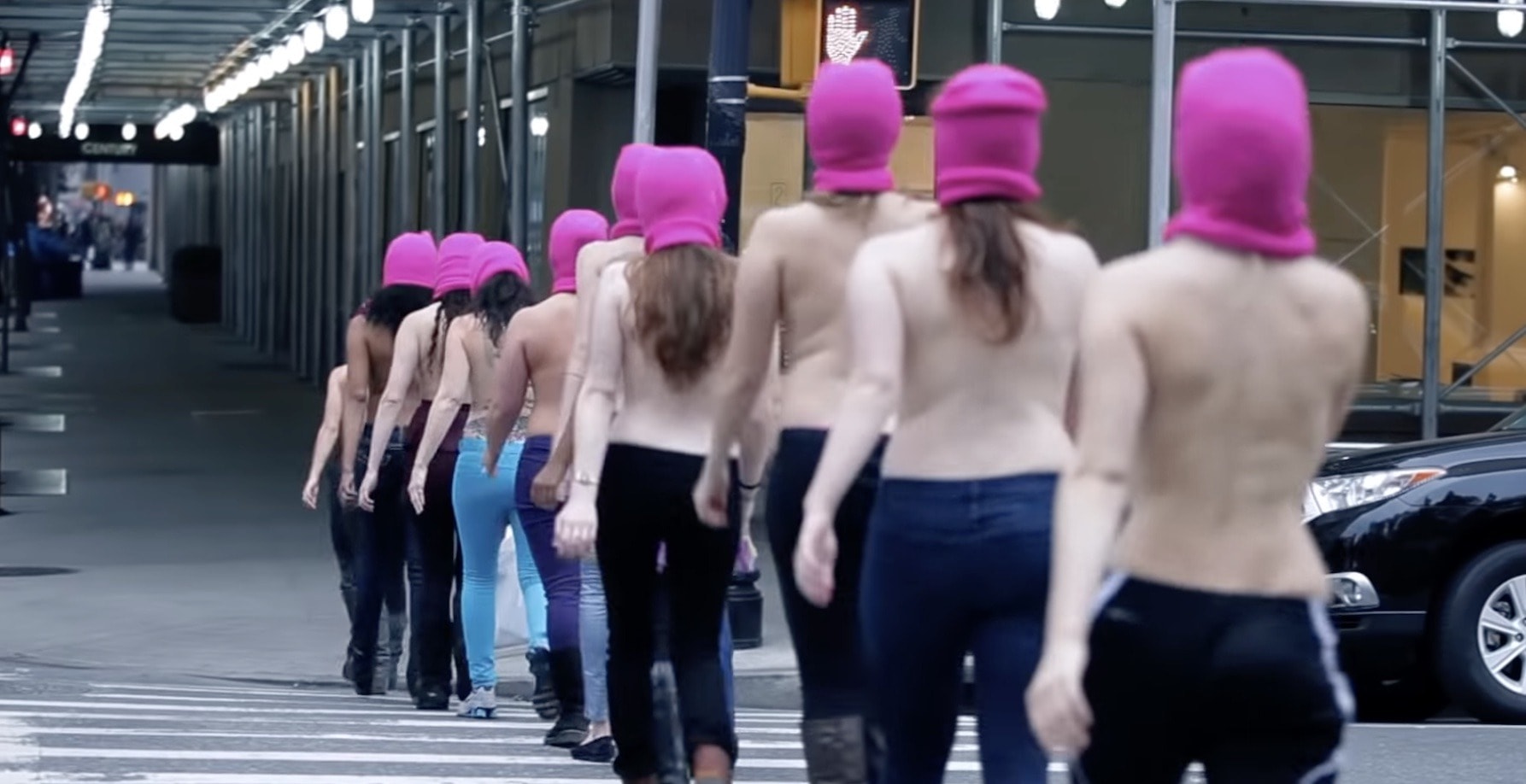On Jan 12, the UAE announced the controversial appointment of the CEO of state oil company, Dr. Sultan Ahmed Al Jaber, as the president-designate of COP28, which will begin November 30 this year.
Metaphors abounded among environmentalists who sought to vocalise their despair. The appointment is “the fox watching the henhouse;” like putting “an arms dealer at the head of peace talks;” and, finally, like “a big tobacco CEO hosting a cancer conference, except this time the health of the whole planet is at stake.”
The theme is clear — this appointment puts the fate of the planet in the hands of somebody whose vested interest lies in its continued exploitation.
The nomination of Sultan Ahmed Al Jaber for #cop28 while he is CEO of an oil company is the fox watching the hen house. The oil and gas companies are not going to design their own demise. This would be laughable if it wasn’t so damn important.
https://t.co/hM8fDmxAia— Tzeporah Berman (@Tzeporah) January 13, 2023
As impatience with climate action and the COPs grows, some might view this appointment as inevitable. In 2021, COP26 had a then record number of fossil fuel lobbyists present. At 500 strong, they outnumbered any country’s delegation. In 2022, this number only grew. COP27 saw 636 fossil fuel lobbyists in attendance in Egypt.
Although COP27 is remembered for its landmark loss and damages fund, it was disappointing in tackling the cause of those damages. Fossil fuel lobbyists made their presence felt in the final agreement, which contains no mention of phasing out, or even phasing down gas or oil. Even the mention of a goal to phase down coal is frustratingly vague, failing to provide concrete targets.
Some believe that Al Jaber’s appointment marks the final nail in the coffin of COPs.
However, Al Jaber, the UAE’s Special Envoy for Climate Change, has received a warmer welcome from politicians and diplomats, in light of his commercial role as chairman of Masdar, the Abu Dhabi Future Energy Company, and diplomatic role as Special Envoy for Climate Change.
John Kerry, the US’s Special Presidential Envoy for Climate Change tweeted his congratulations.
Dr. Sultan is an experienced diplomat and businessperson, including as Chairman of Masdar, and this unique combination will help bring all of the necessary stakeholders to the table to move faster and at scale. (3/5)
— Climate @ State (@ClimateAtState) January 12, 2023
He was joined in his congratulations by the Israeli Ambassador to the UAE, India’s external affairs minister, and former British prime minister Tony Blair.
So who is Sultan Al Jaber?
Al Jaber is a conflicting figure for many – after all, how does an oil executive get named a Champion of the Earth by the United Nations?
Al Jaber was born in 1973 in the UAE. He was educated in the UK and in the US, where his American education was funded by a scholarship from the Abu Dhabi National Oil Company (ADNOC).
In 2016, he became ADNOC’s CEO. ADNOC is one of the 20 top polluting fuel companies in the world, according to research by the Climate Accountability Institute, contributing nearly 14 billion tonnes of CO2 between 1965 and 2019.
In 2021, they pumped nearly 2.7 million barrels of oil per day, and currently aim to double output to five million barrels per day by 2027, a target date CEO Al Jaber brought forward from 2030 just two months ago.
However, in 2012, he was recognised as a “champion of the earth” by the UN for his work in spearheading Masdar in 2006, and served in 2009 as a member of the UN Secretary General’s Advisory Group on Energy and Climate Change (AGECC).
Masdar is now active in over 40 countries, and has a total capacity of 15 gigawatts. Masdar, in which ADNOC has a stake, has targets to hit 100 gigawatts of energy by 2030, which would make it the world’s second-biggest developer of clean energy.
Al Jaber reconciles his role in the growth of both the oil industry and the renewable energy industry as “making today’s energy cleaner while investing in the clean energies of tomorrow.”
The UAE emphasises its role as the first country in the region to join the Paris Accord, and the first to introduce a Net Zero by 2050 strategic initiative, even as it is one of the top ten oil producers of the world.
Although Gulf oil companies may be recognising that the future of energy lies in renewables, for the duration of the transition, they want to be the greenest fossil fuel companies available, to make the most of the available market.
The UAE does have a natural advantage in this area, with hydrocarbon reserves that are among the least carbon-intensive to extract.
Al Jaber has, indeed, invested on both sides – in fossil fuels and in renewable energy. What this means, however, is that he stands to profit most from a long transition period from fossil fuels to renewable energy.
Dr. Genevieve Guenther, founding director of End Climate Silence examined Al Jaber’s rhetoric about the “balance” of the world’s need for energy, and the need to “reduce” carbon emissions.
In a speech on Saturday, Ahmed Al Jaber, the CEO of Abu Dhabi National Oil Co, and now the leader of #COP28UAE, said that we have to "balance" the world's demand for energy with the need to "reduce" carbon emissions.
This word—"balance"—is fossil-energy industry propaganda.
— Dr. Genevieve Guenther (she/they) (@DoctorVive) January 17, 2023
Critiquing the understated nature of terms such as “balance” and “reduce,” Guenther drew comparisons between Al Jaber’s rhetoric, and that of Darren Woods, the CEO of ExxonMobil, the natural gas company that consistently comes into the news for having early knowledge of climate change but misleading the public in order to continue selling its product.
Related Articles: Davos 2023: Time to Rethink the Role of the World Economic Forum? | ExxonMobil Sues EU Over Unprecedented Windfall Tax | COP27: Anticlimactic Conclusion for the Climate | World’s Response to the Energy Crisis: “Goldrush” for Fossil Fuels
How does the COP President get elected? And then what powers do they have?
The Bureau of the COP, CMP, and CMA has a facilitator role in the COPs, providing advice and guidance for the work happening under the Convention, the Kyoto Protocol, and the Paris Agreement.
It comprises 11 members: the President, Vice-Presidents, the Charis of the subsidiary bodies, and the Rapporteur. The five party groupings (African States, Asian States, Eastern European States, Latin American and the Caribbean States, and the Western European and Other States) each have two representatives on the Bureau, while the Small Island Developing States have one representative.
The Bureau does not have to include a representative of the hosting country, but if it does not, it is customary to invite one to meetings in anticipation of that COP.
In order to ensure geographical fairness, the role of the President is rotated through the regions, and no member may serve more than two consecutive terms on the Bureau.
In advance of the coming COP, individuals will be nominated for a role on the Bureau, including President. The current Bureau will review the nominations for suitability. Then, a list of candidates will be sent to the parties, who elect the President.
As president-designate, Al Jaber will play a key role in drafting the provisional agenda for COP28.
When COP28 opens, he will become president, and will be the official representative of COP. Al Jaber will open and close the meetings, ensure the rules of COP are observed, and accord the right to speak. He can impose time limits on speakers, and rule on points of order. He will also put questions to the vote and announce decisions.
Mostly, the president takes on a facilitator role, but this can shape the crucial wording of the final agreement.
In particular, the President has the unique power to set up informal “contact groups”, choosing the delegates who will be part of them; such groups work behind closed doors and are tasked to find “compromises” when there is an “impasse” in the general debate and delegates get “stuck” on major issues. Such contact groups are usually followed closely by the President who is the only one allowed in their “closed door” meetings (the UN Secretariat servicing the conference is not allowed in). The President expects them to solve disagreements and propose language for the conference final report that will obtain the consensus from all delegates.
Finally, as a President of the Bureau of COP, Al Jaber, along with his fellow Bureau members, will review the nominations in order to consider who will be elected in the following year to serve as members of the Bureau, including the President.
COP28 as the first global stocktake
COP28 is a crucial year in determining the international governmental approach to tackling the climate crisis, because it concludes the first global stocktake.
The global stocktake is a two year process that takes place every five years, and assesses of the implementation of the 2015 Paris Agreement, which binds participating governments to keeping global warming to well below 2℃, preferably below 1.5℃.
The stocktake began at COP26 in 2021, and concludes at COP28. It will examine what national governments have achieved so far in implementing their climate plans, and identify what still needs to be done.
Crucially, the goal of the stocktake is to increase ambition for climate action.
The 2022 NDC Synthesis Report, which measures the nationally determined contributions of the member parties of the UN to track the rate of accordance with the Paris Agreement, shows that on the current trajectory, the world is on track for 10.6% higher emissions than 2010 levels by 2030.
Although this is an improvement on the 2021 report, which saw 13.7% increase, this is a far cry from the emissions reduction of 45% from 2010 levels by 2030 that the UN’s Intergovernmental Panel on Climate Change states is needed to stabilise global warming at 1.5℃.
As things stand, the UN Climate Change process is calling for more ambitious pledges to be made, as the world is headed for around 2.5℃ global warming by the end of the century.
The global stocktake is intended to encourage national governments to take more ambitious measures to tackle the climate crisis, and to remain at the 1.5℃ target, and it is this that could well be hindered if the interests of fossil fuel companies are reflected in the agreements resulting from COP28.
Overall, the prognosis is bleak.
Although Sultan Al Jaber very clearly has the expertise and skillset for the role of President, through his championing of and advancement of sustainable technologies, there is no doubt that the conflict of interest is too strong for combatting the climate crisis to be his priority when it comes at the cost of fossil fuel companies.
Al Jaber’s focus on greener production of oil is likely to obscure the need to radically and swiftly eliminate the world’s reliance on fossil fuels. As CEO of ADNOC, he stands to profit most from a slow transition when, even as we do need a just transition to account for climate justice, progress has not been fast enough to avoid already dire impacts of climate change.
This is very likely to be reflected in the conference’s final agreement, and, perhaps even, in the filtering process of nominations for the following year. If Al Jaber’s experience in fossil fuels has uniquely qualified him, as John Kerry suggests, then Al Jaber’s appointment has created this as a criteria to be met in a nomination.
However, what, perhaps, is bleaker are the systems that appointed Al Jaber. That conflict of interest is not considered as a barrier to election to the Bureau is unconscionable, but not, sadly, unique to the United Nations Framework Convention on Climate Change.
Over the years, but notably in 2017 when the US withdrew a second time, the United Nations Human Rights Council has faced criticism for allowing countries with poor human rights records to be members on the council.
It also became clear that the Council, while it was a strong voice for human rights, failed to uphold and implement its standards in practice, with calling member states to task.
It may be the case that any international organisation cannot be free from politicisation that will skew what it works towards – but in the case of the UN, matters are even more difficult: The UN is an intergovernmental organisation based on full recognition of the principle of sovereignty of every UN member state with no discrimination against any member allowed. Therefore, the UN Secretariat servicing the various UN conferences has no power to close the door on a delegate from a sovereign member state, no matter how unpalatable their agenda may be.
However, as faith already wavers in the COP process, COP28’s outcomes, and especially the outcome and implementation of the first global stocktake will determine the value of the process for the years to come.
For all Al Jaber’s work in advancing renewable energy, it cannot be denied that he is incentivised to slow the global phase out of fossil fuels, and tCOP28 will give him a prime platform in which to do this.
In allowing this conflict of interest, the COP process has opened itself up to abuse. Whether or not Al Jaber takes advantage of this, it is a significant chink in climate policy’s already flimsy armour.
Editor’s Note: The opinions expressed here by the authors are their own, not those of Impakter.com — In the Featured Photo: Dr. Sultan Al Jaber at the Arctic Circle Abu Dhabi Forum 2023. Featured Photo Credit: Arctic Circle.


